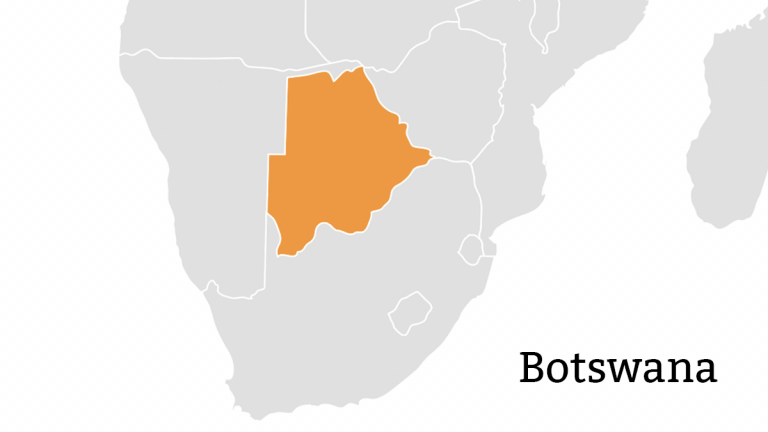
Through participatory policy-making procedures, consumers have been influential in helping to develop the availability, accessibility, and affordability of ICTs in Botswana.
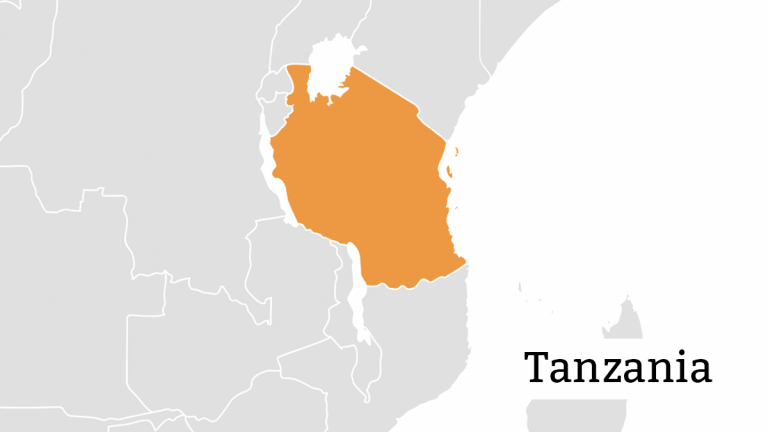
The decision to introduce a converged licensing framework paved the way for a more competitive telecommunications market and lower prices in Tanzania.
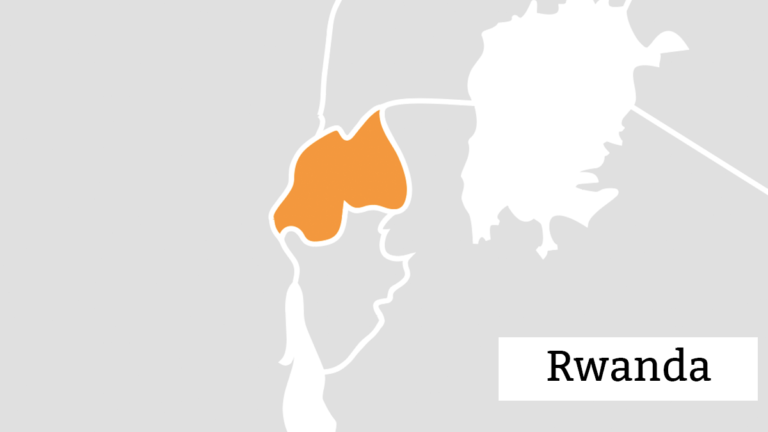
Rwanda’s Digital Ambassadors Programme, with 50% representation for women, addresses the challenges of digital literacy in an aim to unlock the transformative powers of technology for all.
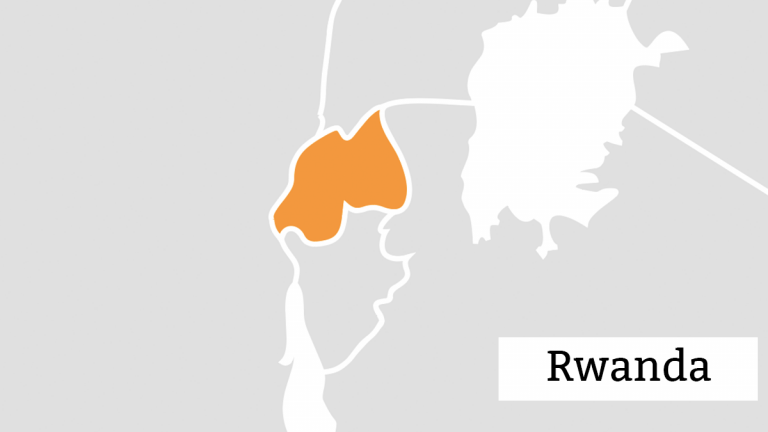
Rwanda narrowed its digital divide with the establishment of and successful intervention by its USAF.
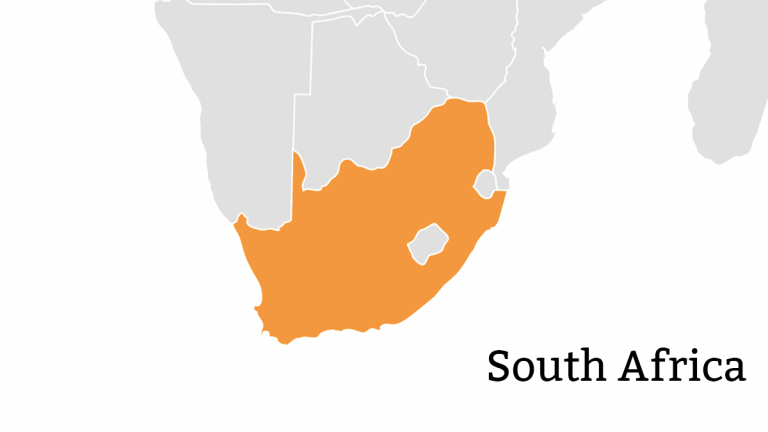
The South African regulator delivers on pro-consumer regulations as it engages with popular campaigns in the telecommunications sector.
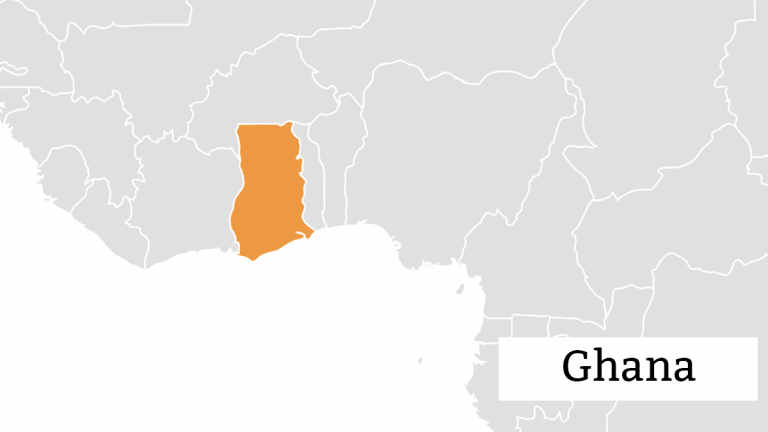
Launching the first mobile network in sub-Saharan Africa in 1992 and one of the first African countries to have full internet connectivity beginning in 1993, Ghana has long been a telecommunications leader. In 1994, the government launched the Accelerated Development…
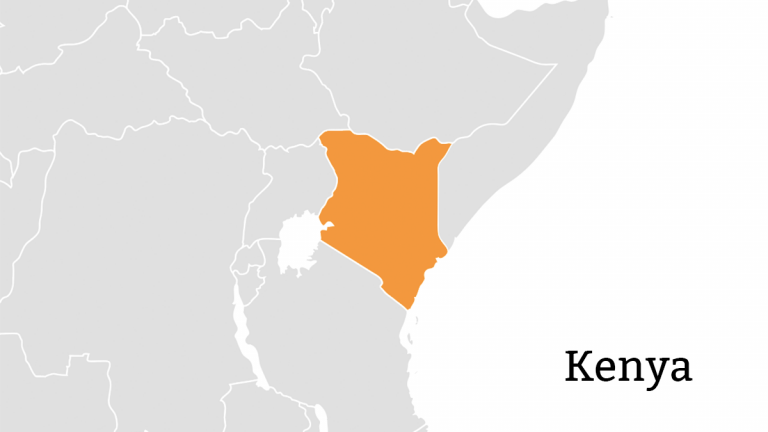
The Kenyan telecommunications sector dramatically changed over the first decade of the new millennium. In 2000, only three of every 100 people in Kenya used the internet. From that year onwards, the telecommunications industry was liberalized, initiating a steady decline…
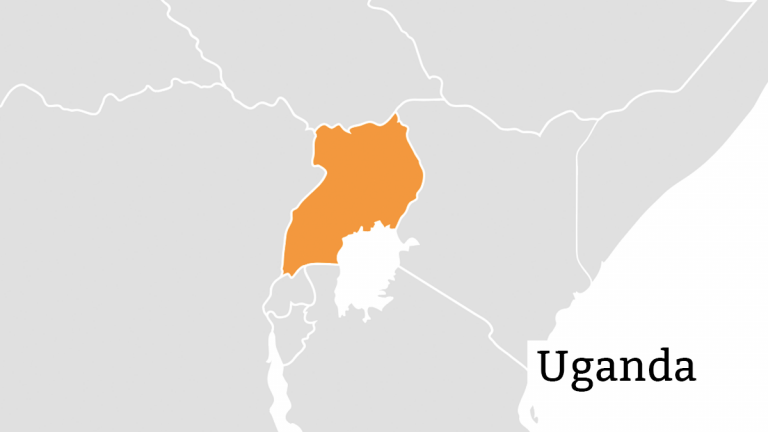
Uganda addressed years-long delays to launch an ambitious plan to lay fibre-optic backbone infrastructure throughout its entire territory and improve citizen access to government services.
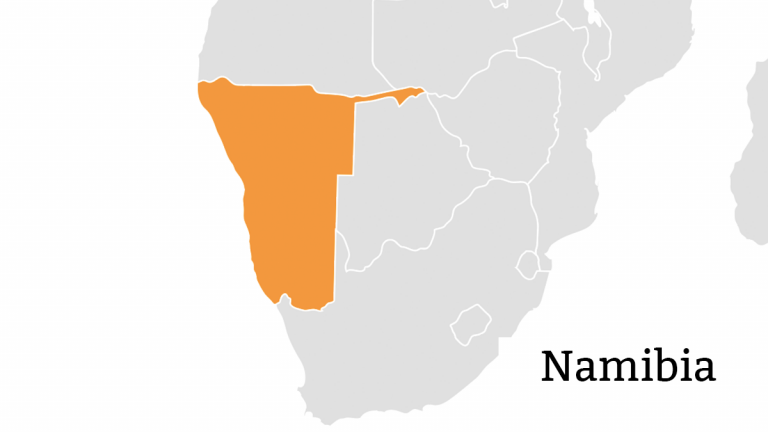
By creating an enabling regulatory environment and an empowered regulator that relies on evidence to make its decisions, Namibia has put broadband within reach of nearly three quarters of its population.

This report explores how social media taxes in Tanzania, Uganda, and Zambia are affecting the ability of citizens — in particular, women — to connect and access the internet’s benefits.

In September 2018, the Benin government proposed a tax on over-the-top services. The proposed tax was two-fold: a 5% tax on the pre-tax price for voice, SMS and internet services and a 5 CFA fee per MB for data used to access social media and OTTs.
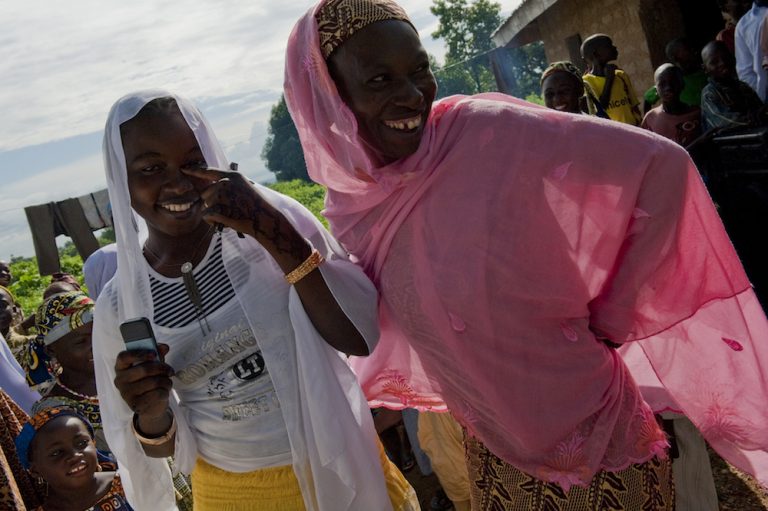
This report examines the existence and use of USAFs across Africa and estimates that US$408 million collected to expand internet access has been left unused.











